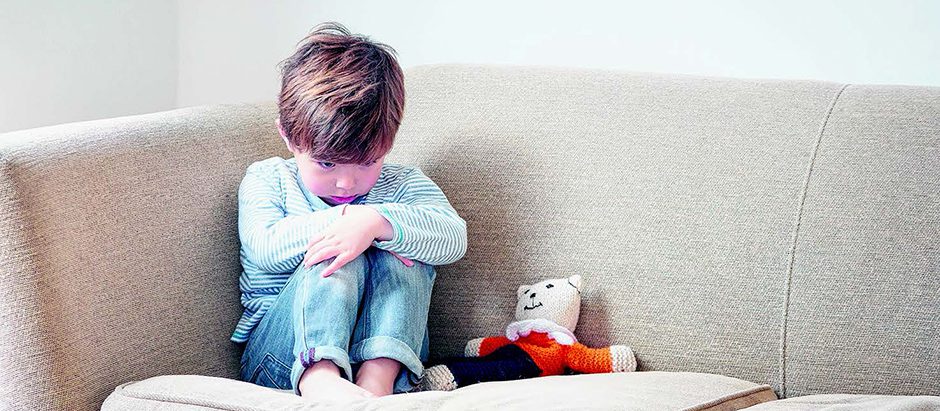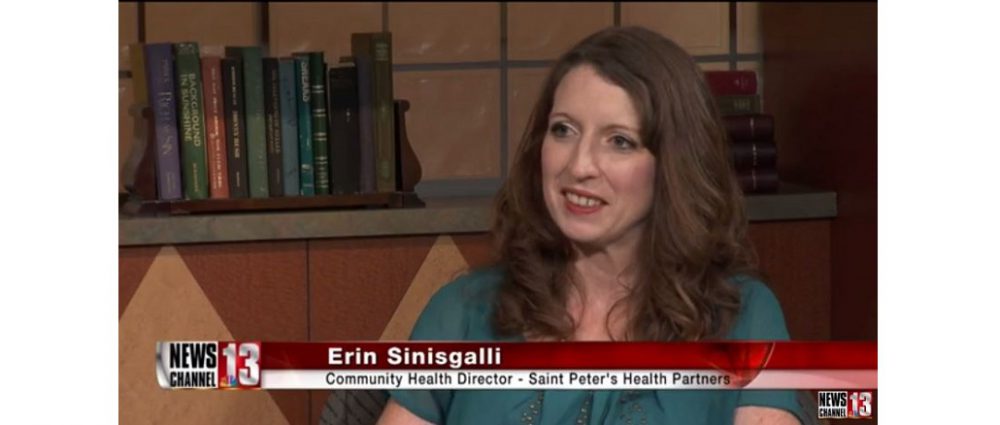
[This piece was written by Allison McKenzie, LMHC, a therapist with the Sexual Assault and Crime Victims Assistance Program with St. Peter’s Health Partners.]
Domestic violence is defined by the National Coalition Against Domestic Violence as “the willful intimidation, physical assault, battery, sexual assault, and/or other abusive behavior as part of a systematic pattern of power and control.” While awareness of the rates of domestic violence in our society has increased, the impact on public health has only recently been recognized.
Current literature typically focuses on the impact that violence has on the survivors of intimate partner violence, but it is equally important to consider the impact on children who witness violence in their homes.
It is estimated that 3.2 million children in the United States witness violence within their homes annually. Current data shows that witnessing violence affects children cognitively, emotionally, and physically. The American Medical Association published a November 2018 study that found witnessing abuse carries the same risk of harm to children’s mental health and learning as experiencing the abuse directly.
Depending on the age of the child, some potential effects include disrupted caregiver attachment, delayed brain development, toxic stress, self-blame, aggressive behaviors, multiple physical complaints (such as pain and fatigue), truancy, delinquency, and substance misuse. These effects can continue through the child’s life, contributing to developmental issues into adolescence and adulthood.
Research shows violence within the home occurs for a variety of reasons. Some of the factors that put a family at a higher risk of violence include economic stress, unhealthy family relationships/interactions, poor social support, community violence, and low social capital.
Conversely, some of the protective factors that can help prevent victimization include:
- Positive peer support and friendships
- Financial stability
- Adequate housing
- Parental education and employment
- Access to health care and support services
If you or someone you care about is in need of support, there is help available. The Sexual Assault and Crime Victims Assistance Program (SACVAP) offers free and confidential services to survivors of intimate partner violence and their families. Available services include confidential short-term counseling, trauma therapy, medical and legal advocacy, and support groups.
For more information about SACVAP services, please call 518-271-3410 or visit our website at www.sphp.com/sexual-assault. If you or someone you know has been the victim of a crime and needs to speak with someone immediately, you can contact our 24-hour hotline at 518-271-3257.





